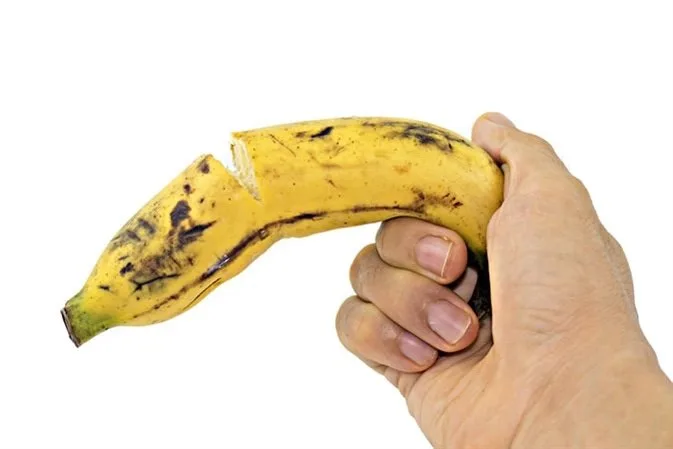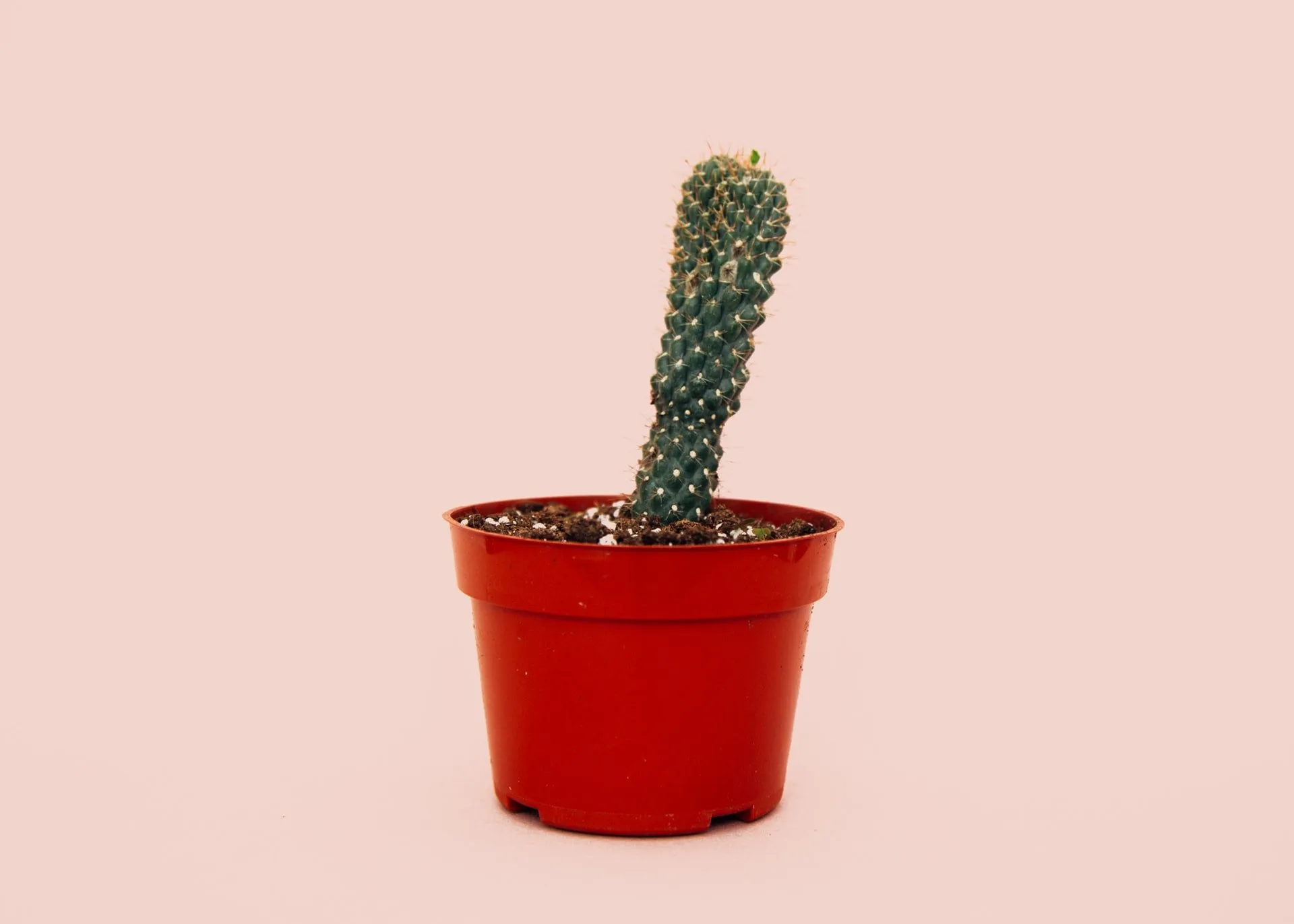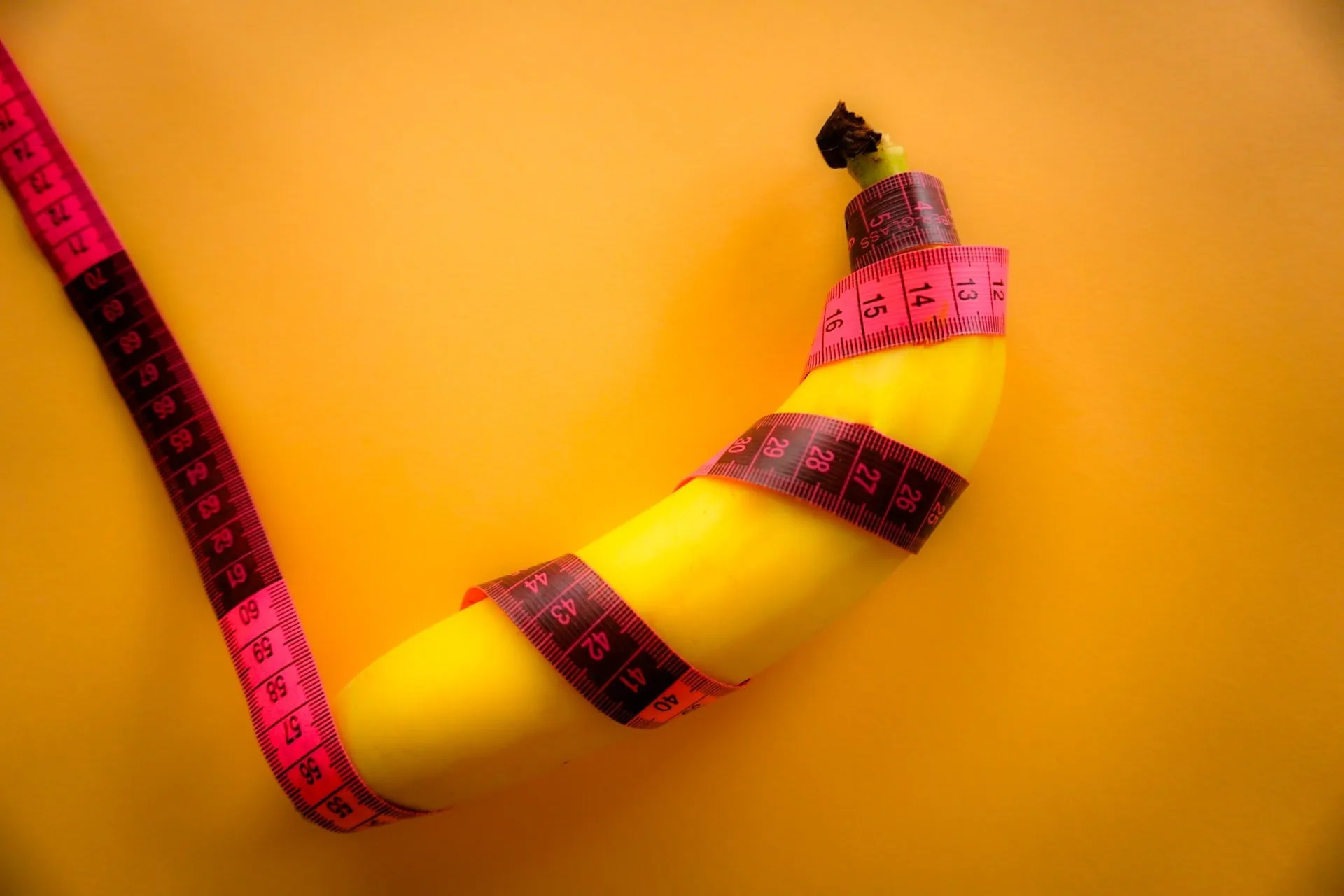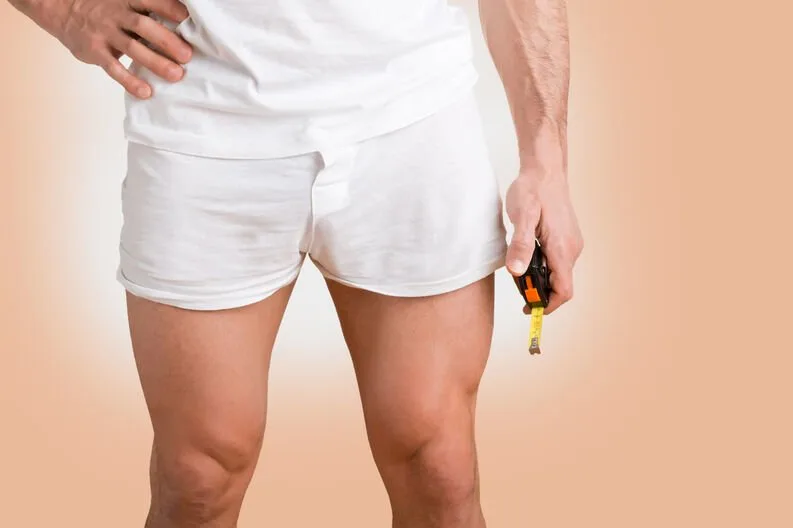It’s one of those difficult conversations to have. However, unfortunately, there comes a point in a man’s life where it is harder to get an erection as well as keep it. It’s even quite common for men under 40 to struggle with maintaining an erection, and it’s really nothing to be ashamed of.
Certainly, you should not have to say goodbye to a healthy sex life. It also doesn’t mean that you’re on the fast track to being diagnosed with erectile dysfunction. Rather, it just means that you’ll need to take a step back and adopt lifestyle changes that can help to improve erectile health.
Firstly, what are the stages of an erection?
If you want to understand erectile health, it’s important to know that there are three stages of erections: stimulus, engorgement, and flop stage.
The stimulus is when the penis is stimulated, either as a result of physical touch or psychogenic (wandering thoughts). Engorgement occurs when blood flows into the penis, making it hard. Lastly, the ‘flop stage’ is whereby the penis returns to its normal size.
If you’re experiencing erectile dysfunction of any kind, the core of the issue is often related to one of the aforementioned stages.
What exactly is erectile dysfunction?

Good Luck Photo / Shutterstock
Erectile dysfunction (ED) is a condition whereby man can’t achieve or maintain an erection during sex, and it’s estimated that 322 million men worldwide will be affected by ED by 2025 (1).
What causes it?
It’s often caused by external factors, such as stress, relationships, and poor diet.
Common symptoms of ED include reduced libido, however, your doctor may only diagnose you with the condition if symptoms last for longer than a few months. That said, you can reduce your risk of erectile dysfunction by adopting lifestyle habits that can help to protect your erectile health. There are a lot of ways to combat ED, take for example browsing for video of injections for erectile dysfunction is one option.
1. Quit smoking and nicotine products
We all know smoking is horrible for our health, and it’s certainly not the best for one’s sex life.
This is because nicotine can affect blood vessels, and most importantly, affect the effectiveness of nitric oxide. Nitric oxide is responsible for opening up blood vessels, allowing for blood to flow to the penis, making it erect. Therefore, the earlier you quit smoking and the use of other nicotine products, the more likely you are to protect your erectile health and sex life (2).
2. Moderate alcohol intake
Yes, a glass of wine can help you unwind, and it is a bit of an aphrodisiac. However, too much alcohol can put a damper on a romantic evening between you and your partner.

Photo by Charles Deluvio on Unsplash
In fact, one study found that heavy drinkers are more likely to experience erectile dysfunction and reduce sexual desire.
Therefore, it’s best to moderate your alcohol intake if you really want to enjoy a healthy sex life.
3. Stay active
According to a Harvard study, just 30 minutes of walking a day can help to reduce your risk of erectile dysfunction by around 40%.
It’s more likely because physical activity can help to improve circulation, which is a key factor in erectile health.
4. Try Kegels
Kegels are pelvic floor exercises, most common amongst women. However, it should be noted that a study published in the journal Sexual Medicine found that Kegels helped 40% of men with ED return to normal erectile health, and it helped another 30% improve their erections.
To perform Kegels, squeeze your pelvic floor muscle, hold it for five seconds, and then release. You can repeat this exercise as many times as you need to throughout the day.
5. Eat the right foods
There are plenty of foods that can help to improve your erectile health, the most important being fruits, vegetables, and whole foods rich in minerals and nutrients.
Additionally, researchers have found that men with ED tend to have lower levels of folate (4). However, you can increase the levels of folate in your body by eating spinach, nuts, and beans.
If you’re not sure which diet to follow, a study published in the journal found that the Mediterranean diet can help to greatly reduce the risk of erectile dysfunction in men.
6. Stay clear of fatty, fried, and processed foods
As we’ve pointed out, healthy and strong erections are reliable on healthy blood flow so any foods that clog your arteries, are foods you need to stay clear of. These foods include foods that are fried, high in fat, or heavily processed.

7. Visit your dentist
Oral health is incredibly important, and not just for your teeth, but for the rest of your body as well.
In fact, a study published in the Journal of Clinical Periodontology found that effective oral hygiene can help prevent erectile dysfunction. It appears that dental decay, particularly gum disease, triggers chronic inflammation and this inflammation then damages the endothelial cells that line blood vessels, including those in your penis.

8. Take Ginseng supplements
9. Try L-arginine supplements
L-arginine is an amino acid naturally found in the body that helps to make nitric oxide. As we know, nitric oxide helps to facilitate a healthy and strong erection.

According to a study published in Sexual Medicine, L-arginine combined with tadalafil, a medication for erectile dysfunction, helped to improve erectile dysfunction.
L-arginine can also be found in red meat, fish, oatmeal, and even dairy products.
You can purchase L-arginine supplements here.
10. Get plenty of sleep
As opposed to sleeping around, it’s advisable that you sleep in.
A lack of sleep won’t only make you grouchy, but sleep disorders have been linked to an increased risk of experiencing moderate or complete erectile dysfunction (6).
Granted, it can be hard to get quality sleep, especially during a pandemic, but here are a few tips you can try:
- Essential oils, such as lavender
- Turn off all screens — including your phone, computer, or TV — at least an hour before bed.
- Avoid caffeinated drinks after about 6 p.m.
- Don’t stay in your pajamas all-day
11. Manage your stress
High stress levels can trigger the release of cortisol and adrenaline – both of which can affect your sex life.
![healthy sex [longevity live]](https://longevitylive.com/wp-content/uploads/2019/03/adult-beard-cement-845434-jpg.webp)
Photo by Bruce Mars on Unsplash
Try these stress-reducing tips:
- Yoga
- Meditation
- Listening to music
- Dancing
- Journaling
- Gardening
12. Try something new
Sometimes all you need to do to keep your sex life healthy is spice things up.
Be it trying new positions, experimenting with toys, or even role-playing, you’ll be surprised at how keeping things fresh in the bedroom can boost your erectile health.
13. Communicate
There’s really no point in trying to have a healthy sex life if you don’t communicate with your partner.
Open and honest communication will allow you to be open about any anxieties that you’re feeling about your current sex life, and it can be quite relieving.

Photo by Dainis Graveris on SexualAlpha
Should I stop masturbating?
No, not at all. There is currently no research into how masturbating can affect your erections and increase the risk of erectile dysfunction.
Believe it or not, masturbating is healthy and normal, and it can help to relieve stress levels, which is exactly what you may need.
However, you may want to cut back on porn
According to a study published in the journal Behavioral Sciences, pornography may be causing sexual dysfunction, such as erectile dysfunction. It appears that pornography is changing the way that men and women view sexual activity, giving them unreal expectations of what sex or should be.
Therefore, it’s best to cut back, or even stop porn use as doing so can help to improve erectile health.
Bottom line
If your problems with erectile dysfunction persist over a period of time, you must seek professional medical attention. ED can mask certain medical conditions, like prostate issues. Take this issue seriously so you can enjoy a healthier and happier sex life.

References
- https://doi.org/10.1016/j.amjcard.2014.12.007
- https://www.auajournals.org/doi/10.1016/j.juro.2016.09.089
- https://doi.org/10.3945/ajcn.115.122010
- https://doi.org/10.5173/ceju.2017.1356
- https://doi.org/10.1111/j.1464-410X.2005.05690.x
- https://www.sciencedirect.com/science/article/pii/S205011612030026X
- https://bpspubs.onlinelibrary.wiley.com/doi/full/10.1111/j.1365-2125.2008.03236.x
- https://doi.org/10.1111/and.12474
- https://doi.org/10.1111/bju.14813
- https://doi.org/10.1111/jcpe.12909
- https://pubmed.ncbi.nlm.nih.gov/29736066/
- https://www.scielo.br/scielo.php?script=sci_arttext&pid=S1677-55382020000400642&tlng=en




![women [longevity live]](https://longevitylive.com/wp-content/uploads/2020/01/photo-of-women-walking-down-the-street-1116984-100x100.jpg)










